South Sudan’s abandoned children
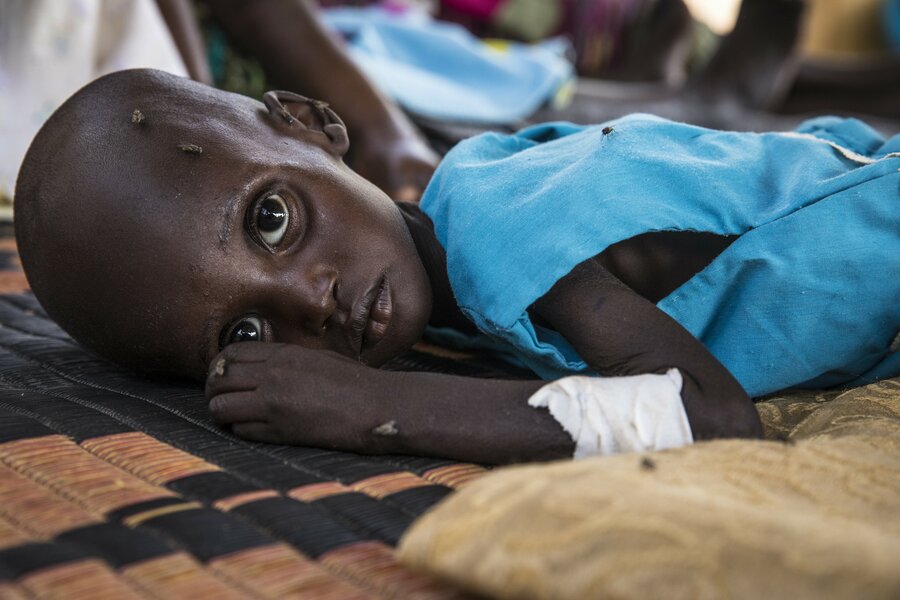
Two-year-old Nyan Nayek lies listless on the floor at Al-Sabah Hospital in Juba, South Sudan. Her eyes are half-shut and her arms too weak to grab hold of the cup of water her stepmother is trying to give her.
The toddler's vacant stare sums up the bleak circumstances of her country.
World leaders call on WFP to lead COVID-19 fight in Africa
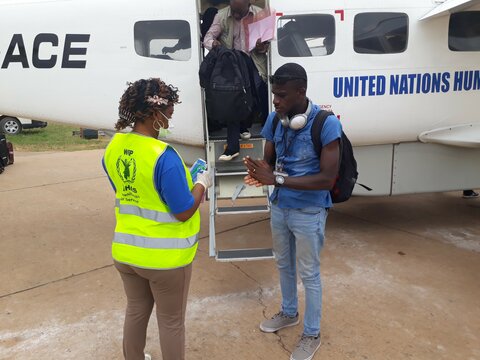
After six years of civil war, South Sudan — a country of 11 million formed in 2011 after gaining independence from Sudan — battles rising levels of malnutrition and acute hunger. This year, 1.3 million children aged under-5 are likely to become acutely malnourished and need treatment — 860,000 children were in this position last year.
"Nyan is fighting for her life, I pray she survives," her stepmother, Khemisha — the second wife of Nyan's father — tells me. She has been caring for the girl whose biological mother reportedly ran away from the family at the height of the conflict.
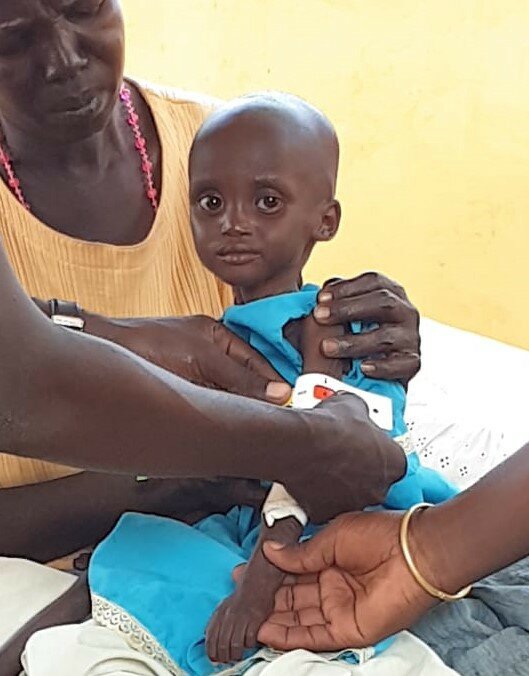
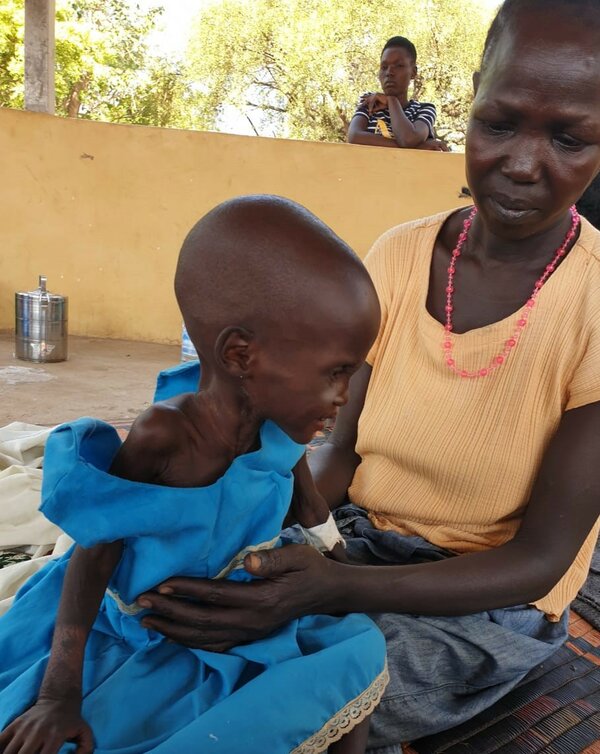
I join her, sitting on a coloured straw mat in an open courtyard surrounded by mothers trying to soothe their crying and malnourished babies.
Published this week, the "2020 Global Report on Food Crises" highlights the plight of millions across the world struggling with acute hunger and malnutrition. The report says that the number of people living in conflict-afflicted areas, whose limited resources mean they do not have access to sufficient quantities of food, and who suffer from high levels of acute malnutrition, rose from 74 million people in 2018 to more than 77 million in 2019.
South Sudan ranks among 22 countries where widespread acute hunger and malnutrition levels are severe. To make matters worse, a confluence of two plagues of biblical proportions — a locust invasion and the onset of the COVID19 pandemic — is likely to drive vulnerable South Sudanese families deeper into hunger.
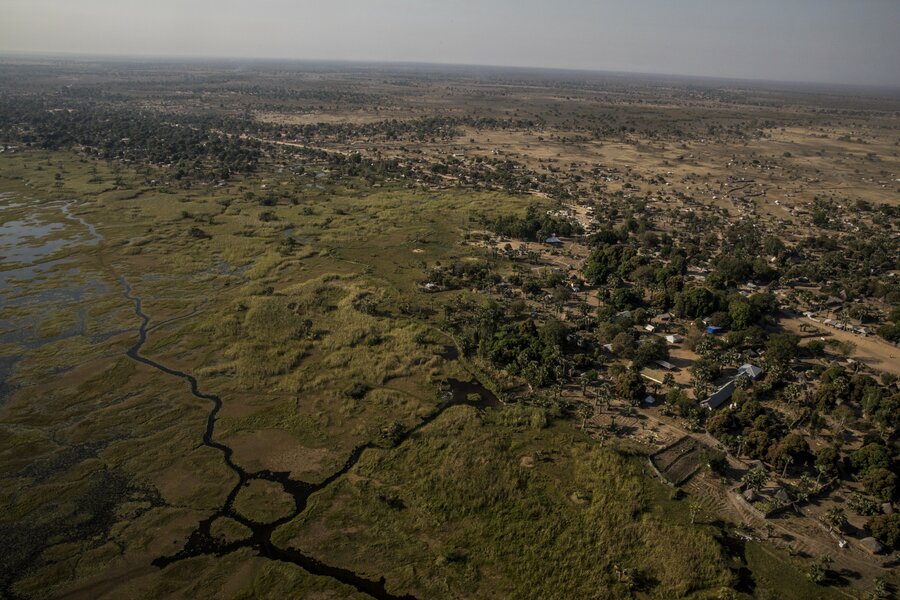
The impact of these crises is imminent. This year, no one will be spared. Both rural and urban areas, including the capital of Juba, are currently under strict lockdown to prevent the spread of COVID-19.
The consequences of livelihoods being disrupted, in a country with a fragile infrastructure and limited access to basic services, could be catastrophic. A lack of sanitation and awareness about hygiene among mothers leads to poor childcare and the prevalence of disease.
Many children suffer from diarrhoea because they are left unwashed, have no clean water to drink or are fed very poor-quality meals. According to the report, in 2019 only 7 percent of children under 2 years of age in South Sudan were fed sufficient quantities of food that met minimum standards for diverse diets.
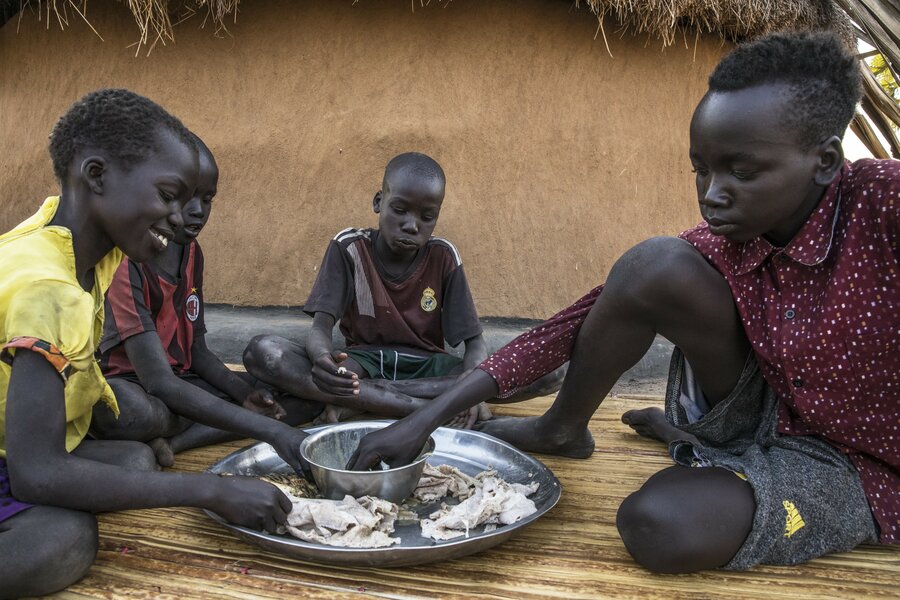
Nyan is a victim to all this — as well as chronic diarrhoea. She is unable to keep food down.
Despite doing her best, Khemisha, who has four children of her own, often leaves her stepdaughter alone to go out in search for work to survive and provide. Feeding Nyan nutritious meals is proving a challenge — Khemisha can barely afford to buy properly nutritious food.
In South Sudan, the cost of food is so high that families must save up for days in order to afford ingredients to cook a basic nutritious meal. More than half the population — 6.5 million people out of 12 million — will face severe food insecurity at the height of the annual lean season from May to July, when food runs out or is too expensive for many.
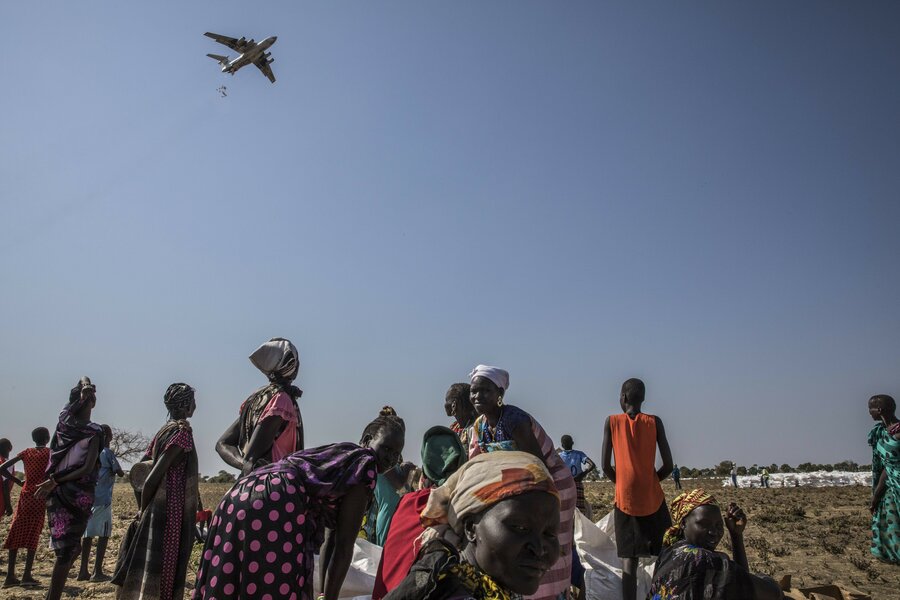
When she brought Nyan to the hospital, doctors suspected the two-year old girl was not living in sanitary conditions. They were right; Khemisha has no steady access to clean water or proper sanitation.
"Life is hard," says Khemisha, fanning away flies from Nyan's face. "It is hard to feed all the children."
The World Food Programme (WFP) is supporting five million people in South Sudan with lifesaving food assistance, including school meals and special nutritious foods to prevent and treat malnutrition among children and pregnant or nursing mothers.
Zimbabwe: ‘Coronavirus will affect women and girls more than anyone'
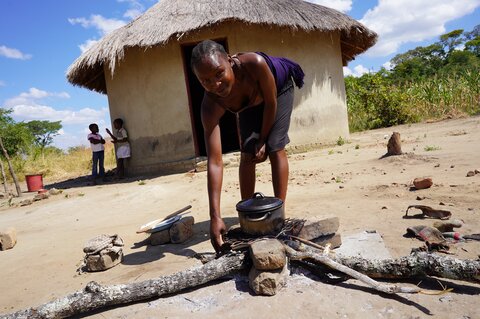
This year is going to be critical for South Sudan — people there hope that peace will be cemented through the new Government of National Unity. But as the threat of COVID-19 looms over this fledgling nation, some fear the country will fall at the first hurdle in responding. Now is surely the time for the world to step up and support South Sudan, empowering WFP to provide the food security people need to change their lives for the better.
Nyan's distressingly thin body barely fills out her bright blue dress as she tries to crawl across the straw mat. The wailing of the other malnourished children pierces the heavy silence hanging over the hospital.


